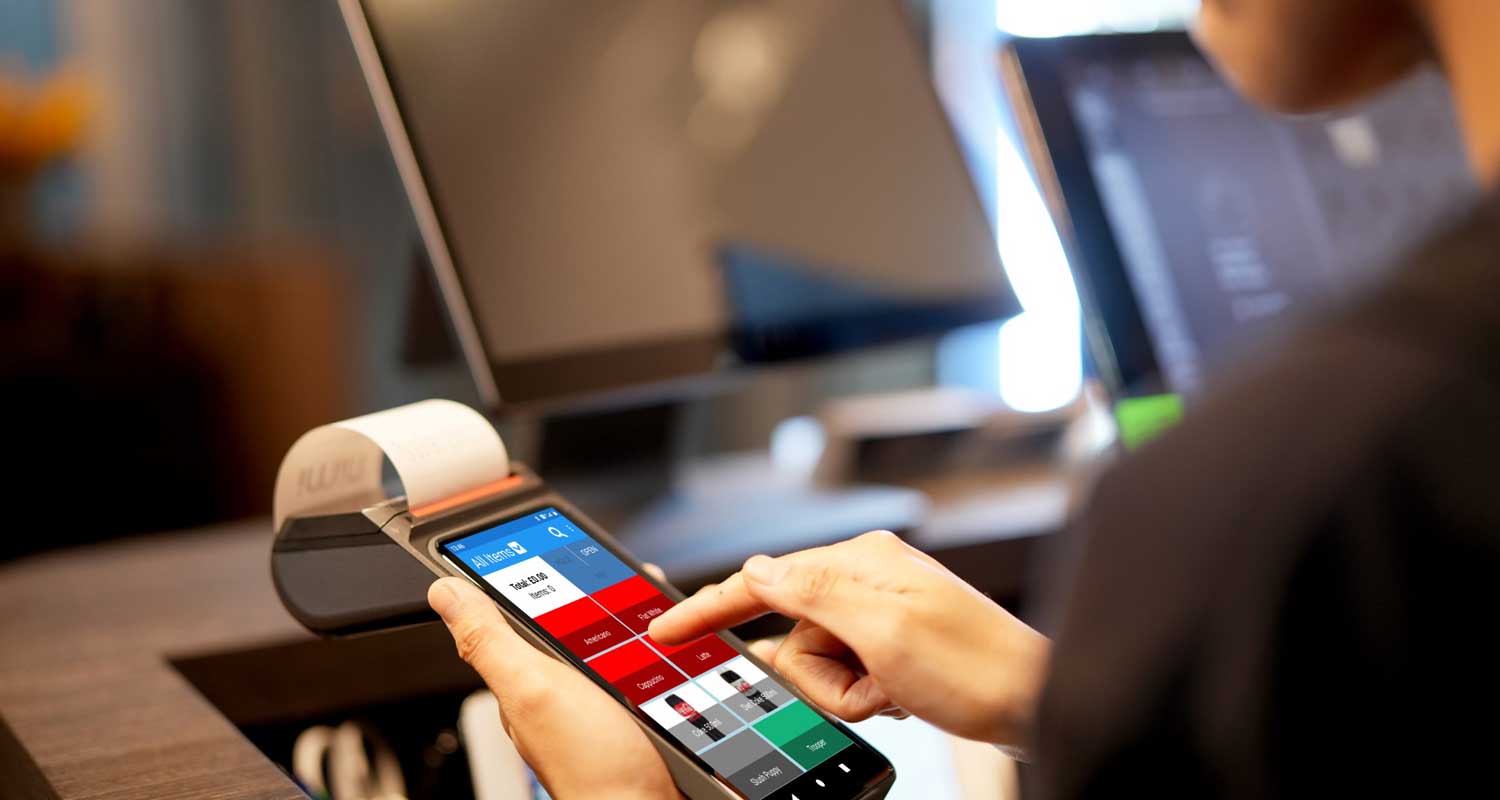MPOS vs EPOS
EPOS (Electronic Point of Sale) and MPOS (Mobile Point of Sale) are two popular options for businesses to manage transactions and handle their operations.
While both of them offer a fast, convenient and efficient way of handling transactions, they have some notable differences that can influence the choice of businesses.

EPOS systems are usually found in brick and mortar retail stores, restaurants and other establishments. They are typically more feature-rich and come with a bigger price tag, but offer more functionality and versatility compared to MPOS systems. EPOS systems can be integrated with other systems such as inventory management, CRM, and accounting, providing a comprehensive solution for businesses.
On the other hand, MPOS systems are designed to be portable and more affordable. They are ideal for businesses that are on-the-go, like street vendors, food trucks, and pop-up shops, who require a more flexible solution. MPOS systems can run on smartphones or tablets and connect to a payment processor through Bluetooth or Wi-Fi, making it easier for businesses to accept payments anywhere.
In terms of security, both EPOS and MPOS systems are secure and meet the same standards as traditional payment methods. However, MPOS systems may be slightly less secure due to the risk of lost or stolen devices, and the need to connect to public Wi-Fi networks.
In conclusion, the choice between EPOS and MPOS systems ultimately depends on the specific needs of a business. If a business is looking for a comprehensive solution with more features, an EPOS system may be the best choice, while an MPOS system may be the better option for a business that requires portability and flexibility. Regardless of the choice, both EPOS and MPOS systems provide a fast, convenient and efficient way for businesses to handle transactions and manage their operations.










